Careers at ISY
Thank you for your interest in The International School Yangon (ISY). We are happy that you are considering joining our wonderful community of learners.
If you see a role you are interested in, we encourage you to simply send your CV as a PDF directly to the school at opportunities@isyedu.org. We value applications from educators and professionals who are committed to supporting our mission and contributing to our school community.
Local Positions
Locally hired teachers and support staff are those who currently reside (or will be residing) in Yangon and are considered to be in Myanmar of their own volition. If you are interested, we encourage you to simply send your CV as a PDF directly to the school at opportunities@isyedu.org
Opening Position
Music Teaching Assistant (Start: August 2026)
________________________
International Positions
International teaching positions are for teachers who are not Myanmar Nationals and are/are not currently living in Myanmar
There are no open positions available.
________________________
ISY International Contracts
ISY offers a very competitive salary with the following benefits:
Annual flights to and from home of record
Shipping allowance
Shipping allowance
Housing (school-leased accommodations)
Worldwide health insurance
Generous leave days
Relocation assistance
Tuition for teacher’s children
Disability insurance
Retirement allowance
Careers FAQs
Why ISY?
ISY is committed to students first. We consider ourselves a family here; we take care of ourselves, each other and this place to promote a positive learning environment. There is a high ratio of teachers who return each year for good reason: we are proud of our school and the dynamic that accompanies it. If you are able to visit our campus, we welcome you to join in the prideful feeling. If you are not able to visit in person, please look through our site to virtually understand our cohesive community that allows our faculty and staff to enjoy years of experiences in Yangon, Myanmar.
When does the overseas hiring process begin?
Initial interviews begin in late September online. Interested candidates are encouraged to send a Letter of Intent with CV or Resume to Opportunities@isyedu.org.
How many years of teaching experience must I have to work at ISY?
ISY requires teachers to have at least two years of teaching experience.
What is the difference between a locally hired teacher and an overseas hired teacher?
Locally hired teachers typically come (or are coming) to Yangon on their own volition. The decision to come to Yangon may be to accompany a spouse. Often local hired teachers are working at another organization in country already (e.g., other international schools in Myanmar, NGOs,, etc.). Because ISY has not hired this person to specifically come to the school from abroad, locally hired teachers do not receive the following benefits:
Shipping allowance
Annual flight benefits
Housing
Relocation assistance
Tuition for children
An overseas hired teacher is hired from abroad and is entitled to receive overseas benefits.
What is the typical start date for new teachers?
Usually the school year runs from mid August to the first week in June. In total, there are 180 instructional days and approximately 190 teacher workdays.
Is there an orientation for new teachers?
Yes. ISY offers a very extensive orientation for all new teachers.
What does a typical school day look like?
The ISY school day begins at 8:00 AM and ends at 3:20 PM for Elementary students and 3:30 PM for Secondary students. Chinthe Cubs students finish at 1:30 PM. However, most often, many members of campus are here longer to enjoy the extra curricular activities and coaching opportunities. Our campus is always alive with members of the community who participate in the varied events each week. Teachers have one day a week for meetings and collegial planning.
How much is expected after school hours?
ISY believes in balance. You are free to dedicate as much of your time to extra curricular events and planning as you desire. We celebrate International Day and a Family Fun Fair each year, and we welcome all to partake in those special events. You will notice a draw to the campus perhaps more than other schools as it serves as a meeting place for a variety of our ISY community events.
Am I able to coach or be an advisor of clubs?
From coaching to after school activities, to directing and conducting, there are multiple opportunities to become involved. We welcome teachers, especially, to lead teams, events and programs whenever possible. ISY participates in SEASAC sporting and fine arts; chaperones and mentors are always welcome in these areas as well.
What types of activities and events are available for faculty and staff at ISY?
ISY faculty host social activities. Each month faculty and staff share some time to get together socially at either a TGIF or a games night etc. If you are eager to see sights on your own, there are plenty to choose from. As part of your welcome guide to ISY highlighted sights, restaurant favorites, travel options, etc. are offered for your convenience. There is rarely a time when you will be at a loss for social balance in Yangon.
What is the general feel of the school?
I think if you ask anyone on campus, you will be told that ISY is a very special place. Its unique setting and general location make it easy to fall in love with staying for quite some time. As soon as you meet the local staff, the amazing students and the expatriate staff that makes our campus whole, you will feel the special sense of togetherness that very few places will offer in a school environment. ISY is truly a hidden gem that is slowly becoming more widely know in the world.
Child Protection
The International School Yangon (ISY) is committed to the protection of all children and young people from harm. ISY has a zero tolerance policy towards child abuse and neglect. Applicants undergo stringent screening and selection processes before being allowed to work with our students.
Additionally, every employee must sign the ISY Code of Conduct:
ISY is committed to the safety and protection of children. This Code of Conduct applies to all faculty, staff, employees, volunteers and students who represent the school and who interact with children or young people in both a direct and/or unsupervised capacity.
I promise to strictly follow the rules and guidelines in this Code of Conduct as a condition of my providing services to the children and youth participating in ISY programs.
Treat everyone with respect, patience, integrity, courtesy, dignity, and consideration.
Strive to never be alone with children and/or youth at school activities without another adult being notified.
Use positive reinforcement rather than criticism, competition, or comparison when working with ISY students. Adults should be aware of the possible harm and misunderstanding associated with the use of sarcasm, especially with second language learners.
Maintain appropriate physical boundaries at all times and touch children – when necessary – only in ways that are appropriate, public, and non-sexual.
Only take and distribute photos of students for official ISY purposes.
Commit to upholding the ISY Protection Policy and comply with the mandatory reporting regulations of ISY and with the ISY policy to report suspected child abuse (available in full on the ISY website).
Cooperate fully in any investigation of abuse of children and/or youth.
Touch or speak to a child and/or youth in a sexual or other inappropriate manner.
Inflict any physical or emotional abuse such as striking, spanking, shaking, slapping, humiliating, ridiculing, threatening, or degrading of ISY students.
Smoke or use tobacco products, or possess, or be under the influence of alcohol or illegal drugs at any time while working with ISY students.
Give an ISY student who is not my own a ride home alone without the knowledge of their parent or guardian.
Accept gifts from or give gifts to ISY students without the knowledge of their parents or guardians. Adults should never buy alcohol, drugs, cigarettes, videos, or reading material that is inappropriate and give it to ISY students.
Engage in private communications with ISY students via text messaging, email, Facebook, Twitter or similar forms of electronic or social media except for activities strictly involving school business without the knowledge of their parents or guardians. Any electronic communication with students needs to take place over a school network or platform and may be subject to periodic monitoring.
Use profanity in the presence of ISY students at any time.
I understand that as a person working with and/or providing services to children and youth under the auspices of ISY, I am subject to a criminal history background check. My signature confirms that I have read this Code of Conduct and that as a person working with children and youth I agree to follow these standards. I understand that any action inconsistent with this Code of Conduct or failure to take action mandated by this Code of Conduct may result in disciplinary action up to and including removal from ISY.
Equal Opportunities
The International School Yangon is committed to the principle of equal opportunity in education and employment. The school does not discriminate against individuals on the basis of race, color, gender, sexual orientation, religion, disability, age, or national or ethnic origin in the administration of its educational, admissions or employment policies.
Living in Myanmar
The geography of Myanmar encompasses an area of 676,577 square kilometers (261,218 square miles), which is close to the size of Texas. Roughly diamond shaped, Myanmar is often compared to a kite with a tail trailing along one side or to a parrot facing west. Many people have only a vague idea of where Myanmar is located, despite the fact that the country occupies a large area of land between the world’s most heavily populated countries, India and China. The country lies between latitude 10 and 28 degrees north, and longitude 92 and 101 degrees east. The country is over 2,000 miles in length from north to south, and almost 1,000 miles in width from east to west. Borders are shared with Bangladesh and India in the northwest, China in the northeast, and Laos and Thailand in the southeast. Towards the south and southwest are the Andaman Sea and the Bay of Bengal.
For years, a large number of books referred to the country as “The Forgotten Land,” which Myanmar had indeed become because of its closed nature. Until a decade ago, tourists were allowed into the country for only one month at a time. This went some way towards keeping out foreign influences and preserving Myanmar’s own culture and traditions. The country was, to some extent, isolated from the rest of the world through restrictions on Myanmar citizens wishing to travel abroad, due to the sanctions imposed by the government. Current easing of those sanctions and the release of political prisoners have brought dramatic changes to Myanmar, within the past two years. Foreign visitors and investors are flocking to the country. It remains to be seen how the next chapter of the history of Myanmar will be written.
The climate of Myanmar varies from region to region, due to the country’s diverse geography. Yangon enjoys a tropical climate with three distinct seasons. The most comfortable part of the year is from November to February. During these four months it is generally cool and dry. The driest and hottest part of the year runs from March to May. By late May the humidity builds up preceding the rainy season, which lasts from June to late October. This rainy season, which comes from the southwest monsoon, can bring up to 150 inches of rain per year. Temperatures rise above 100˚F during the hot season in many parts of the country. In Shan State in the north, however, it can be much cooler, even falling to the freezing point in January.
Myanmar has an estimated population of over 60 million people. It has been described as an anthropologist’s dream by some writers, as it possesses such a great diversity of ethnic groups with distinct dress, customs, and traditions. The major racial groups are the Burmans (making up 69 per cent of the population), Kachin, Chin, Shan, Mon, Kayah, Kayin, and Rakhine. While the largest groups of Burmese live mainly in the river valleys and plains, many of the smaller ethnic minorities live in the mountains and hills, seldom venturing into the urban areas because of poor transportation and communication infrastructure. According to a Myanmar government report, the overall national literacy rate is 82%, the infant mortality rate is 79 per 1,000, and the average life expectancy is 59 years. The average citizen consumes almost 2,500 calories per day. Myanmar ranks first worldwide in the percentage of daily calories taken from rice consumption.
The Burmese people have a festival for every month in their calendar. This calendar traditionally consists of twelve lunar months. As lunar months differ from solar months in the number of days, an extra month, known as “second Waso month” is added every few years, a bit like a leap year. The Burmese year 1376 began in April 2014. However, for religious matters, the Myanmar people use the Buddhist calendar. This is also the lunar calendar, but the calculations begin from the year of Buddha’s Enlightenment. Thus, year 2014 is 2558 according to the Buddhist Era. The most spirited celebrations of the year occur when the water festival welcomes the Myanmar New Year. Held in April every year, this festival can last up to seven days in conjunction with the weekend. Business slows down or practically stops at this time of the year. Known as Thingyan or Thagyan (gy is equivalent to “j”), the festival is often prepared for several weeks in advance. The focus is on water. Symbolically, the sprinkling of water washes away the sins and bad luck of the old year in preparation for the new year. In reality the practice becomes an excuse for endless practical jokes, where whole barrels or even hoses of water are directed at friends, relatives, or anyone that passes by. Special stages are set up on roadsides for splashing water, but also for dances and songs. The stage may belong to a section of town, to a group of friends, families, or associations, or to government departments or companies. Rows of water hoses and barrels line the front of the stages and people on the stage take turns throwing water at truckloads of people driving from one stage to another just for the purpose of getting soaked. It is all great fun and no one is supposed to get angry even when a complete stranger drenches him or her while passing.
Myanmar can be divided into distinct geographic zones, namely the northern mountain ranges, the Shan plateau in the east, the central dry zone, the river valleys, the Ayeyarwaddy Delta, and the long Taninthayi strip in the south.
Myanmar is a rural country, with more than 70% of the population living in villages. The three main cities are Nay Pyi Daw, the capital (estimated population around 925,000), Yangon, the main port (4,088,000), and Mandalay (1,034,000). Yangon is a relatively quiet and green city with two large lakes and a population density of only 1,000 people per square mile, though things in Yangon are changing rapidly. With the lifting of international sanctions, Myanmar in general, and Yangon in particular, are both undergoing rapid economic development.
The major lifeline of Myanmar is the Ayeyarwaddy, the mighty 1200-kilometer long river that descends from the snowy mountains of Kachin state, through the central plains, and finally flows beyond the lush delta into the Bay of Bengal.
The language of a majority of the people is Burmese, or Myanmar. Tribal minorities speak over 100 dialects. English is also quite widely spoken, although it is easy to be deceived into believing that English is more widespread than it actually is. Many English words e.g. car, bus, telephone, doctor, film, and TV, are part of everyday Myanmar vocabulary. There are more likely to be English speakers among the older generation than the younger.
Myanmar possesses extraordinary natural resources: more teak than any other place in the world, petroleum, mineral deposits, rubies, jade, and other gems, raw rubber, rice, fish, and 12 other foodstuffs. Buffeted by political turmoil, Myanmar has yet to make the most of the natural abundance that should place it among Asia’s richest countries. Although Myanmar contains 75% of the world’s teak supply and 30,000 acres are replanted each year, widespread deforestation is inevitable if timber concessions to China, India, Hong Kong, Japan, and Thailand continue at current rates. The country’s lengthy coastline provides a wealth of saltwater fisheries. The harvesting of shrimp in particular, estimated at a potential 13,000 metric tons per year, promises to be a major source of national revenue in the future. On the other hand, marine resources are threatened by a lack of long-range conservation goals. Overfishing, especially in the delta regions, is a growing problem. Also, the country must deal with illegal encroachment on national fisheries by Taiwanese, Thai, and Malaysian fishing boats.
Most of the country’s agriculture is centered along the floodplains of the Ayeyarwaddy River. Plentiful rainfall and fertile soil enrich 14.6 million acres of rice fields. At one time, Myanmar exported more rice than any country in the world and was known as “the rice bowl of the world,” but they no longer hold that title. Rice is not merely an export crop in Myanmar; it is a staple food, taken at almost every main meal by the Myanmar people. Myanmar’s principal crops apart from rice are sugar cane, peanuts, maize, edible seeds, and sesame. Millet, tobacco, cotton, and rubber are also produced in considerable quantities. Tea and coffee are also cultivated. In addition to petroleum, the mineral wealth includes coal, natural gas, tin, lead, zinc, and silver.
Natural gas is also one of the most important resources for export. Myanmar is known worldwide for its precious gems, especially rubies, sapphires, topaz, and jade. Gold has been obtained in the north, but not in amounts large enough to be considered a major industry.
CURRENCY
The local currency is the kyat (pronounced “chut” and abbreviated as K). Kyat notes are issued in denominations of 50, 100, 200, 500, 1000, 5000 and 10,000 notes. Coins are no longer used since inflation has proved them to be no longer effective. The current approximate exchange rate is $1 to 2100 kyat.

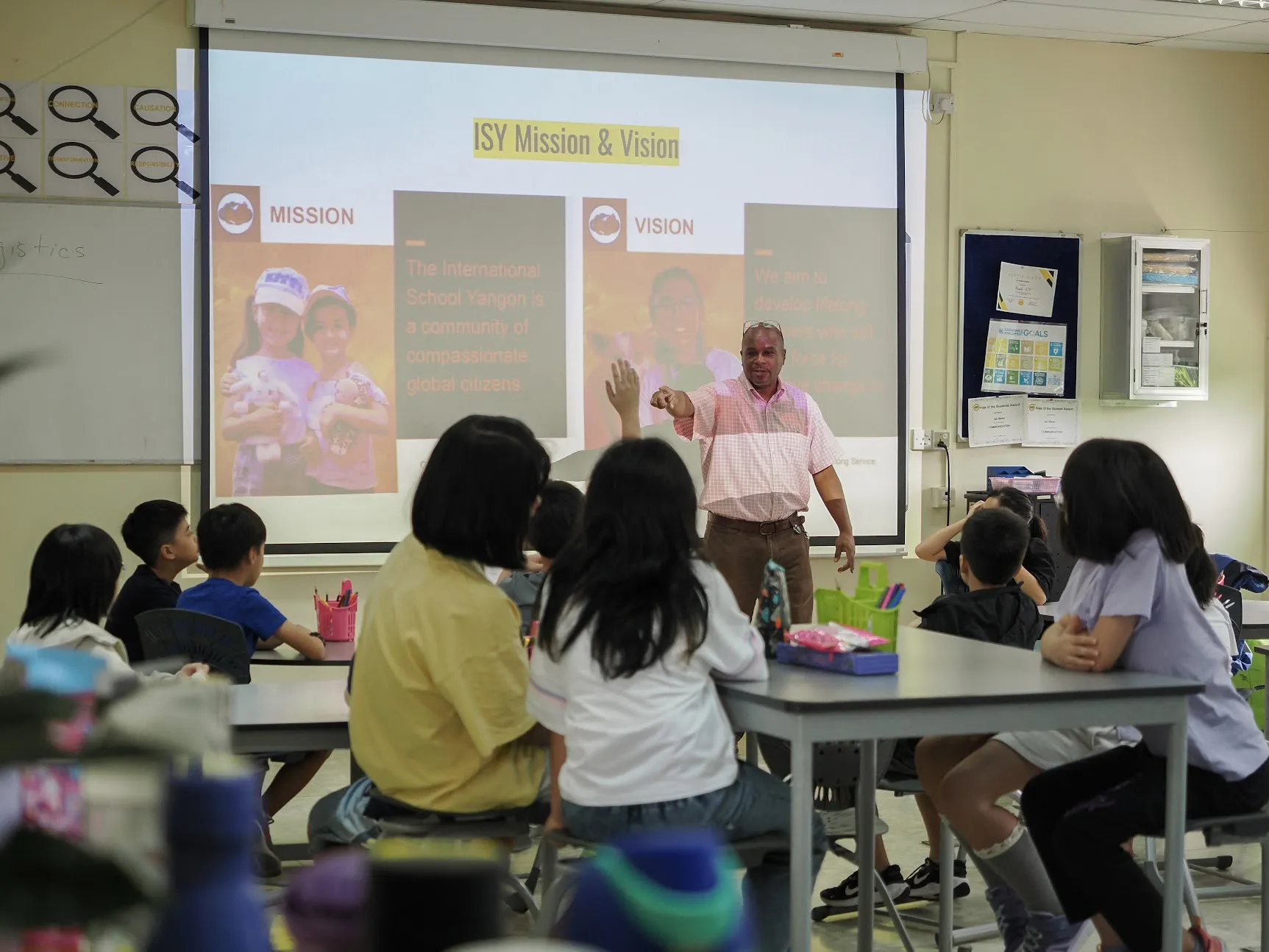

.svg)
.svg)

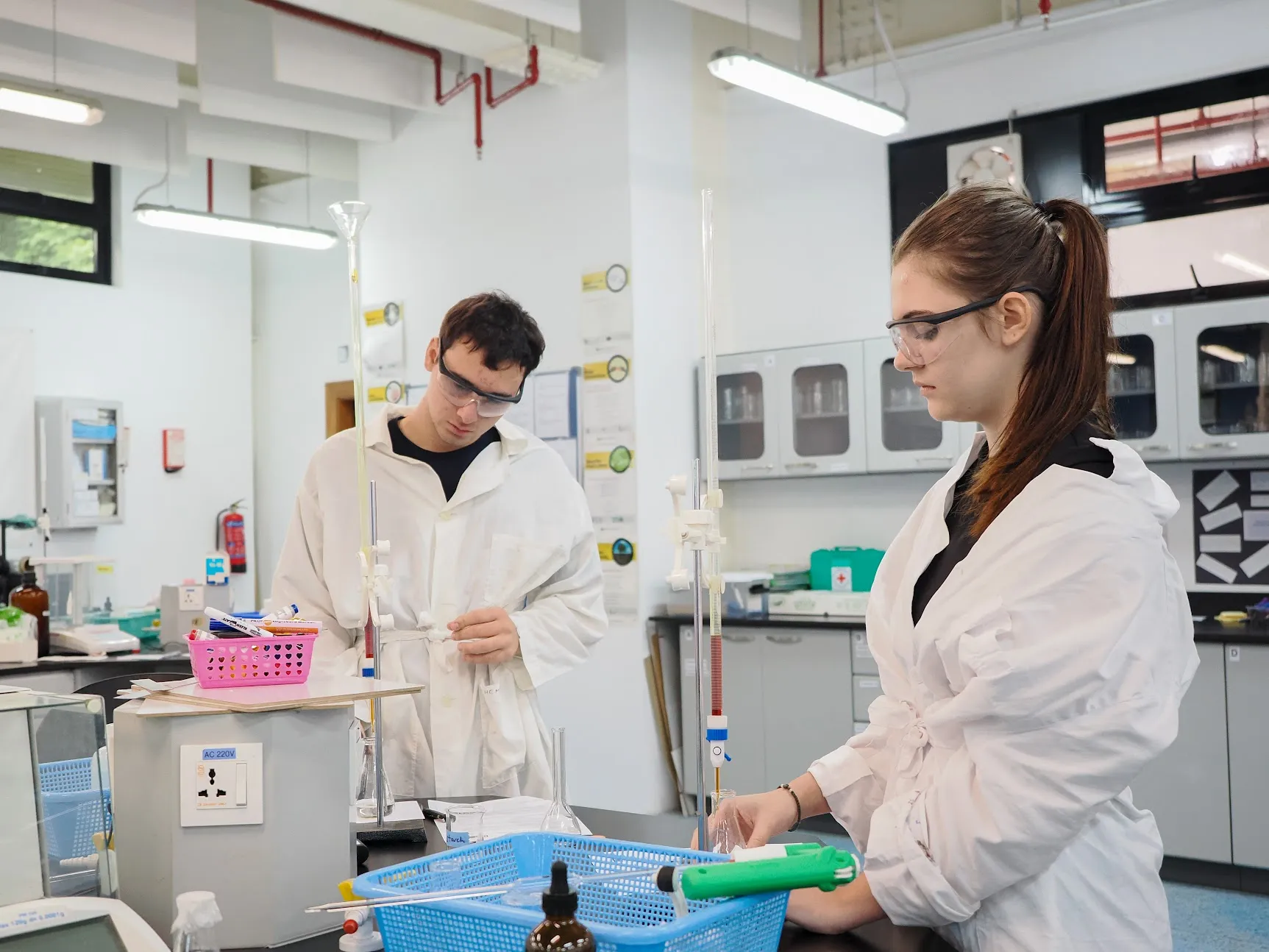
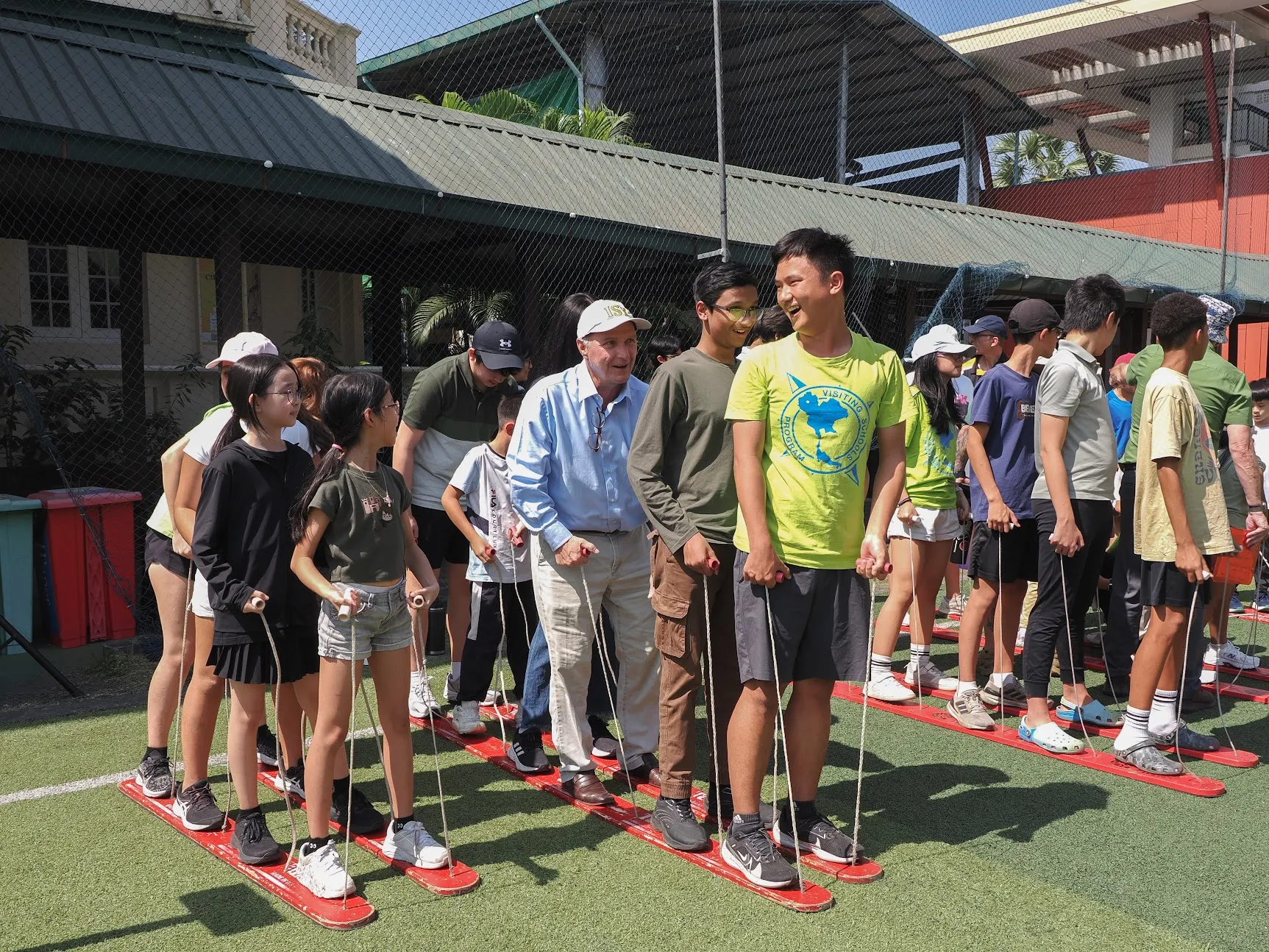
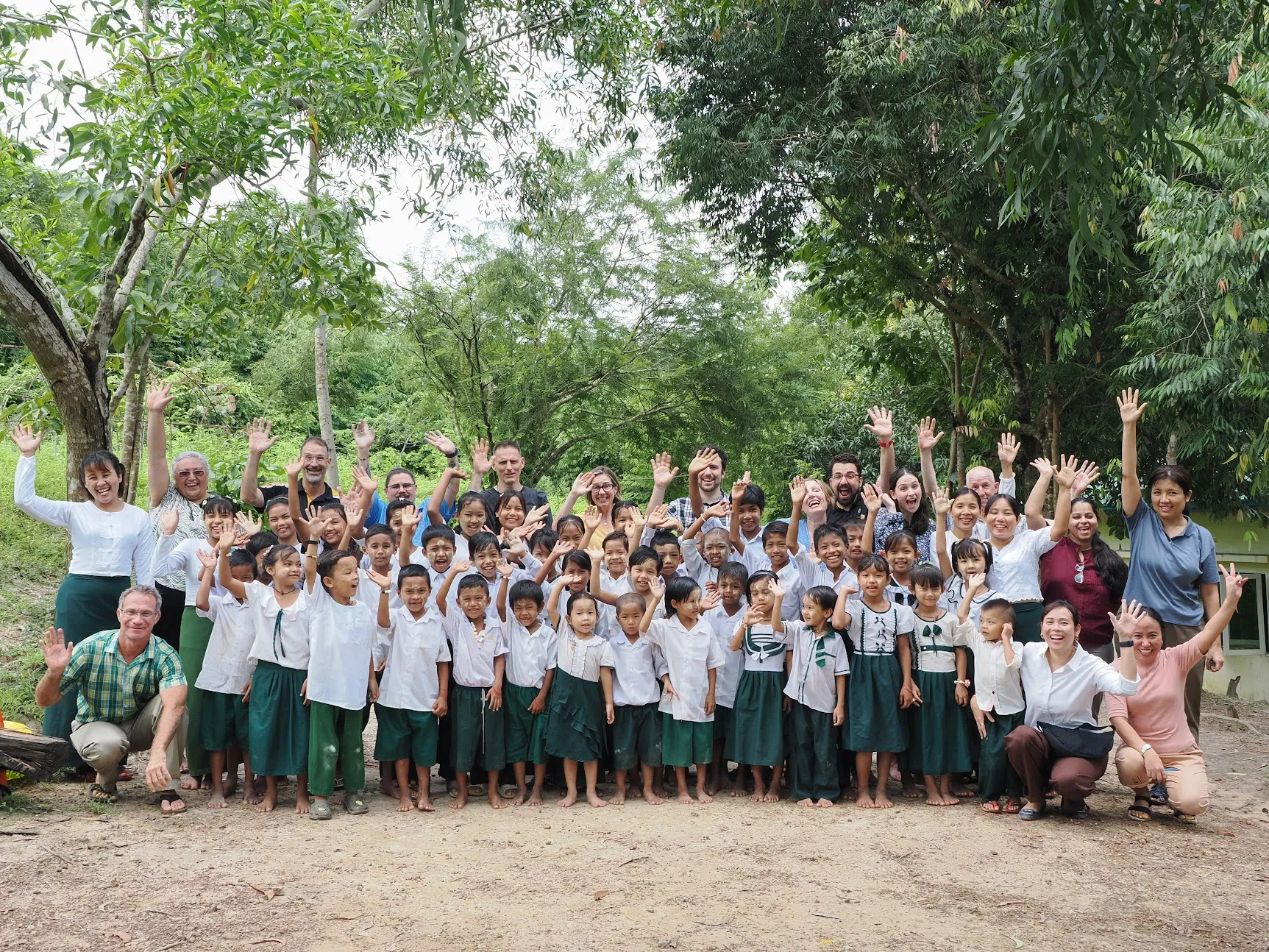
.svg)



.png)
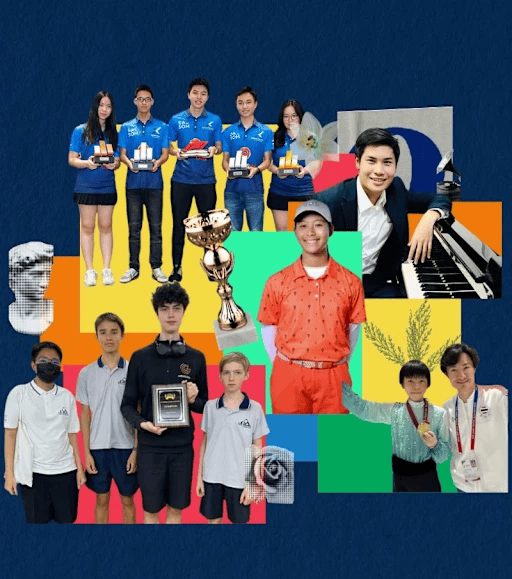
.png)
.svg)
.png)


.svg)




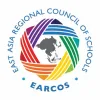


.png)
.svg)
.svg)

.svg)